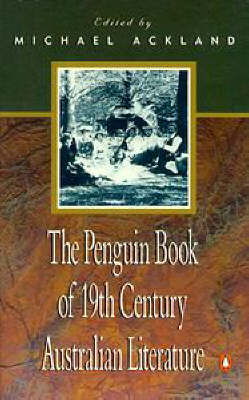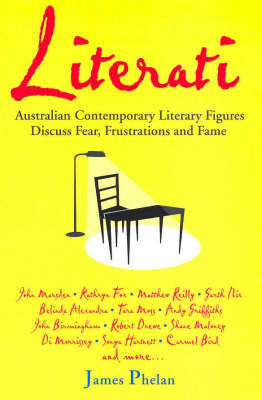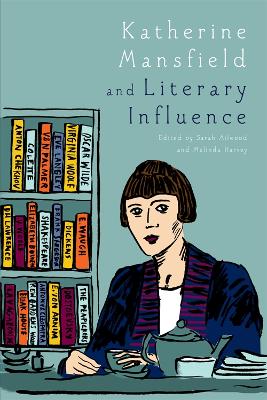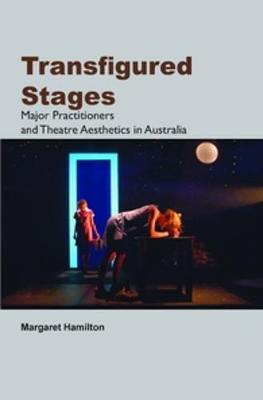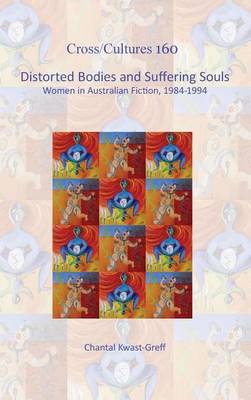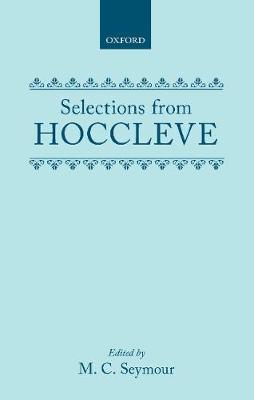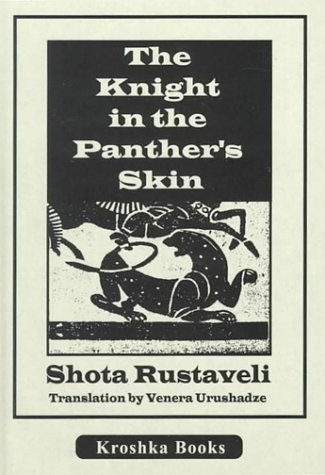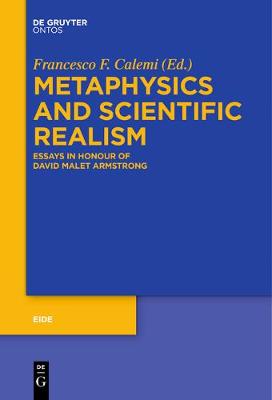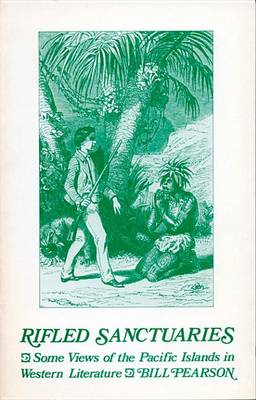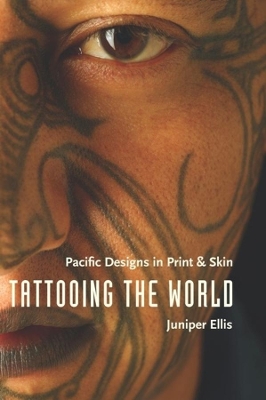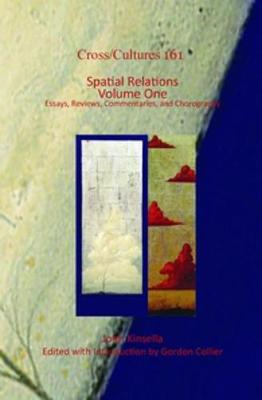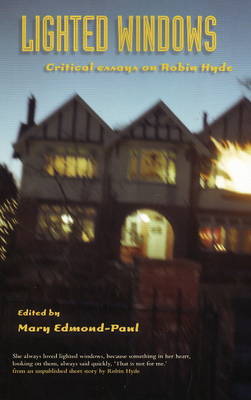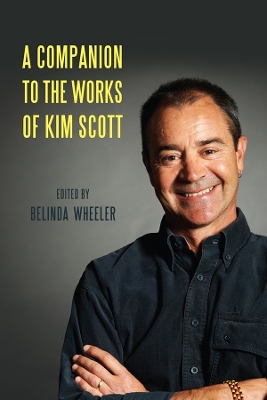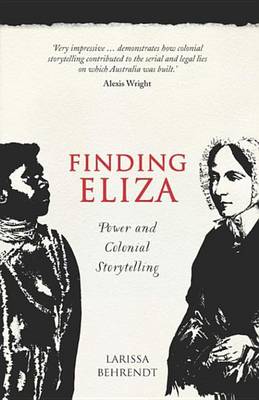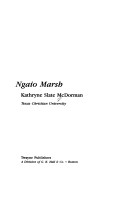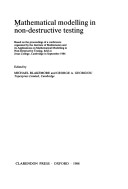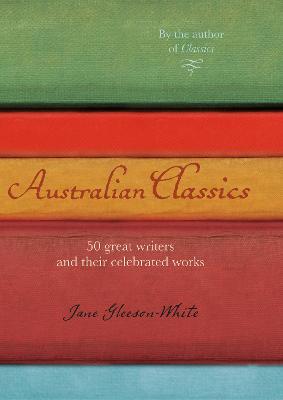Widely considered one of Australia's three or four greatest writers, Christina Stead's reputation, within Australia and overseas, has grown steadily in the ten years since her death. It is largely built on one work, her memorable novel of family life, The Man Who Loved Children. This major new study sets that novel within the continuities and developments of Stead's writing over five decades. Jennifer Gribble sees Stead's lifelong fascination with story-telling as the key to a sophisticated and...
Australian Melodramas: the Fiction of Tom Keneally (Studies in Australian literature)
by Peter Pierce
Republics of Letters: Literary Communities in Australia is the first book to explore the notion of literary community or literary sociability in relation to Australian literature. It brings together twenty-four scholars from a range of disciplines - literature, history, cultural and women's studies, creative writing and digital humanities - to address some of the key questions about Australian literary communities: how they form, how they change and develop, and how they operate within wider soc...
Katherine Mansfield and Literary Influence
Provides new reflections on literary influence using Katherine Mansfield as a case study. It is commonplace to talk about writers in terms of their similarities with and differences from other writers but how does literary influence actually work? This book seeks to understand this mysterious but powerful impetus for artistic production through an examination of Katherine Mansfield's wide net of literary associations. Mansfield's case proves that influence is careless of chronologies, spatial li...
Transfigured Stages: Major Practitioners and Theatre Aesthetics in Australia captures the excitement of a key period in the emergence of postdramatic theatre in Australia in the 1980s and 1990s. It is the first book to discuss work by The Sydney Front (1986 - 1993) and Open City (1987 - ), and engages contemporary cultural and aesthetic theory to analyse performances by these artists, as well as theatre productions by Jenny Kemp and others. These performance practitioners are considered as part...
Distorted Bodies and Suffering Souls: Women in Australian Fiction. 1984-1994. (Cross / Cultures)
by Chantal Kwast-Greff
Metaphysics and Scientific Realism (Eide, #9)
David Malet Armstrong (8 July 1926–13 May 2014) has been one of the most influential contemporary metaphysicians working in the analytic tradition and surely the greatest 20th century Australian philosopher. His main merit is to have reestablished metaphysics as a respectable branch of philosophy placing it at the centre of the philosophical debate, and giving it the status of an authoritative and competent interlocutor of both rational and empirical sciences. By means of a rigorously argumentat...
In the 1830s an Irishman named James F. O'Connell acquired a full-body tattoo while living as a castaway in the Pacific. The tattoo featured traditional patterns that, to native Pohnpeians, defined O'Connell's life; they made him wholly human. Yet upon traveling to New York, these markings singled him out as a freak. His tattoos frightened women and children, and ministers warned their congregations that viewing O'Connell's markings would cause the ink to transfer to the skin of their unborn chi...
These volumes present John Kinsella's uncollected critical writings and personal reflections from the early 1990s to the present. Included are extended pieces of memoir written in the Western Australian wheatbelt and the Cambridge fens, as well as acute essays and commentaries on the nature and genesis of personal and public poetics. Pivotal are a sense of place and how we write out of it; pastoral's relevance to contemporary poetry; how we evaluate and critique (post)colonial creativity and int...
Lighted Windows
Since the mid-1980s there has been a sharp rise in the number of literary publications by Indigenous Australians and in the readership and impact of those works. One contemporary Aboriginal Australian author who continues to makea contribution to both the Australian and the global canon is Kim Scott (1957-). Scott has won many awards, including Australia's highest, the prestigious Miles Franklin Award, for his novels Benang (in 2000) and That Deadman Dance (in 2011). Scott has also published in...
This collection of essays is taken from a conference on mathematical modelling in non-destructive testing, organized by the Institute of Mathematics and its Applications and held in Cambridge, 1986. The conference was a response to demands on industry to ensure the safety of its manufacturing plant and products which, in turn, has increased the level of serious scientific research into techniques for the non-destructive testing (NDT) of components. The NDT community recognizes that mathematical...
Shortlisted for the Walter McRae Russel Award 2019 Australian Books and Authors in the American Marketplace 1840s–1940s explores how Australian writers and their works were present in the United States before the mid-20th century to a much greater degree than previously acknowledged. Drawing on fresh archival research and combining the approaches of literary criticism, print culture studies and book history, David Carter and Roger Osborne demonstrate that Australian writing was transnational lo...
Providing a selected overview of Australia's greatest literature, Australian Classics is an accessible companion to the literature of Australia from the nineteenth century to the present. Australian Classics celebrates many of the country's beloved novels, poems, short stories, children's books and seminal works of non-fiction. It also contains contributions on their favourite Australian books from many distinguished writers and readers, including Helen Garner, Les Murray and Tim Winton. Aust...
Changing Places: Australian Writers in Europe 1960s-1990s
Postcolonial Pacific Writing (Routledge Research in Postcolonial Literatures, #9)
by Michelle Keown
This major new interdisciplinary study focuses on the representation of the body in the work of eight of Polynesia's most significant contemporary writers. Drawing on anthropology, psychoanalysis, philosophy, history and medicine, Postcolonial Pacific Writing develops an innovative postcolonial framework specific to the literatures and cultures of this region.


